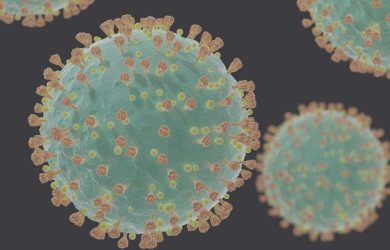
Victoria Adesanya publishes research which could help mass produce algae as a fuel source.
Research which could bring forward the prospect of commercial-scale growing of algae as an alternative to petroleum products has been published in the Journal of Rheology.
Global concerns about rapidly depleting oil reserves, fluctuations in oil prices, the potential for environmental deterioration and global warming as a result of the release of carbon dioxide into the atmosphere and national energy security have led to a growing interest in renewable and sustainable sources of energy, including biofuels derived from microalgae.
However, production of microalgal biofuels on a commercial scale requires large quantities of algal biomass, but relatively little research has been done into how to produce this.
Photobioreactors are considered the best cultivation systems for producing large quantities of microalgal biomass, but key issues which would improve their design and effectiveness are often overlooked. Researchers, including Gates Cambridge scholar Victoria Adesanya, have been looking at issues relating to the design of photobioreactors, specifically the flow of matter [rheology].
In the article, the researchers describe how they have characterised algae suspensions according to their rheological properties, with increasing cell concentration. Their findings on the impact of cell concentration on viscosity could be used in the design of bioreactors and most importantly the design of downstream processing units, such as harvesting and dewatering systems, where the effect of cell concentration on the rheological properties is an important factor in improving the production of microalgal biofuels.
Victoria [2009] is doing a PhD in Engineering at the University of Cambridge.
Photo: PANPOTE and www.freedigitalphotos.com












